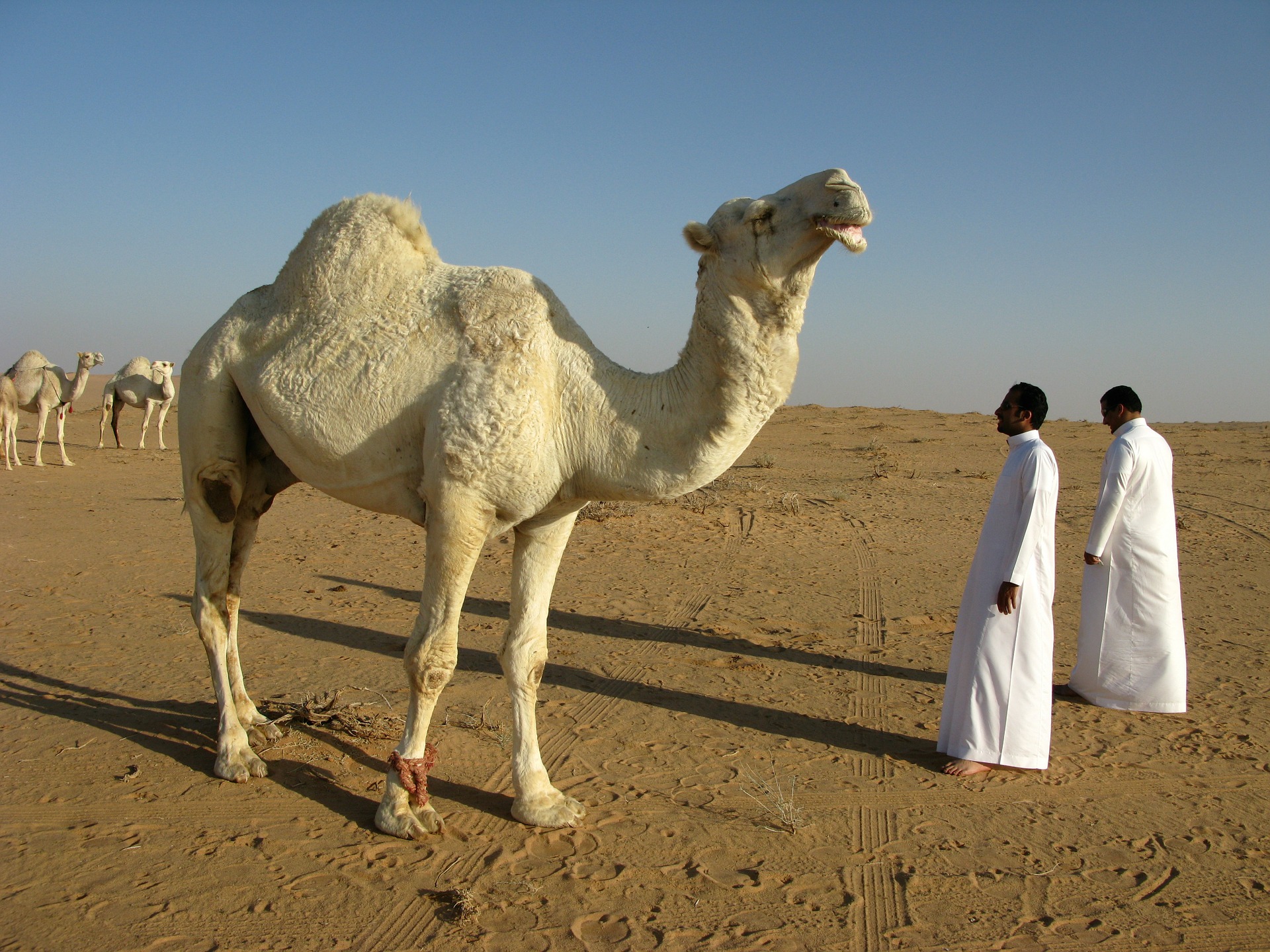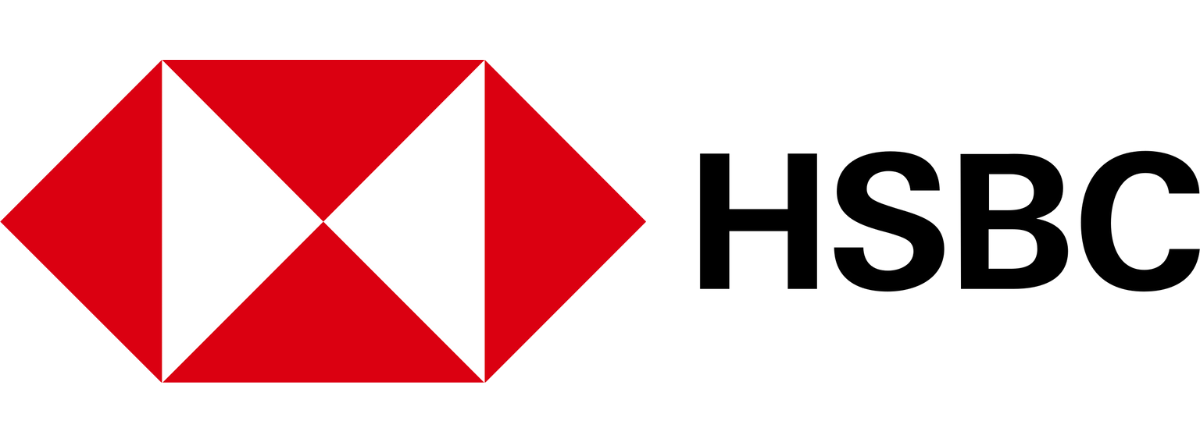Much has been made of MSCI’s decision to include Saudi Arabia in its major indices however, investors need to be wary of the numerous risks investing directly in the country pose.
The decision to upgrade the Kingdom to emerging market status came last June with the move expected to add $20bn inflows into the country’s $536bn stock market from passive products alone.
Weeks after the decision, Invesco became the first European ETF provider to take advantage of the decision by launching a product, MSAU, weeks later.
It was only until this year that other ETF providers joined the party with both BlackRock and HSBC Global Asset Management unveiling products, IKSA and HMSP.
European investors have been lapping up these ETFs with MSAU and IKSA pulling in almost $1bn in the week to 17 May. IKSA saw the most inflows across all European-listed ETFs that week.
Meanwhile, in the week to 24 May, MSAU saw another $412m added, the second most inflows across all ETFs that week, taking its total assets under management (AUM) to $1.5bn, highlighting the benefits of first mover advantage.
However, despite the access these ETFs provide to a market that is relatively new to the global stage, there are a number of considerations investors need to take into account when investing in a pure-play Saudi Arabia product.
Firstly, the make-up of the index. The MSCI Saudi Arabia 20/35 Capped index, which all three ETFs track, is not well diversified with around 50% in financials and 30% in materials, two sectors that are highly correlated to the price of oil, according to Peter Sleep, senior investment manager at 7IM.
Furthermore, the top five holdings account for 55% of the index, concentration levels far higher than investors are used to. Even one blow-up at these concentration levels can have serious ramifications on performance.
“The country has entered the MSCI Emerging Markets index, which should suggest to investors that they should not expect the same levels of corporate governance, transparency or rule of law that they find in developed markets,” Sleep added.
Another area where investors need to be aware of is liquidity. The market is open from Sunday through to Thursday, meaning the ETF will trade in London on Friday without the underlying market open.
Therefore, James McManus, head of ETF research at Nutmeg, said, this could impact the execution costs and the premiums/discounts when trying to withdraw funds from the ETF. In the event of a liquidity drought, understanding these issues will enable investors to avoid heavy charges.






